On Nov. 4, 1984 Nicaragua held its first democratic elections in more than 50 years, the majority of those decades under the U.S.-backed Somoza dictatorship.
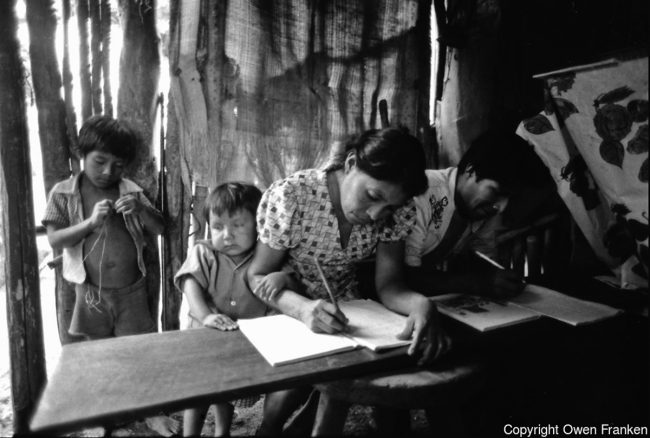
The Literacy Campaign, launched in 1980 by the Sandinista government in order to reduce illiteracy in Nicaragua. Source: © Owen Franken.
Prior to the 1984 elections, the Sandinista government launched a national literacy campaign, recognized by UNESCO for its dramatic impact. Karla Jacobs notes in a “A brief history of the FSLN’s work to eradicate the scourge of illiteracy in Nicaragua”:
Fernando Cardenal, coordinator of the National Literacy Crusade (CNA), studied successful literacy programs in other countries including Cuba and Mozambique, using those countries’ experiences to come up with the CNA’s workbook El Amanecer del Pueblo (the Dawn of the People) and set about coordinating the training of 95,582 literacy brigadiers. These brigadiers made up the Popular Literacy Army.
The events which followed have been set down in history as one of the most successful educational achievements of human kind. In just five months the Popular Literacy Army, consisting of nearly 100,000 Nicaraguan students, teachers, health workers, office workers and housewives worked together with the most impoverished sectors of Nicaraguan society to reduce the literacy rate from 50.36% to 12.94%.
As explained in the Origins of the Campaign,
After poverty, illiteracy is the most destructive form of social violence available to those who benefit from national economic production. Illiteracy does not just destroy a person’s self respect, but dissolves human dignity and, together with poverty, ends up transforming men into disposable tools and victims of alcoholism, drug addiction and prostitution. General A. C. Sandino understood this problem and expressed his desire to eliminate illiteracy among the army of campesinos that helped him defeat the [US] invaders.
During the bloody Somocista military dictatorship, illiteracy was necessary and expedient in facilitating the [dictatorship’s] ransacking of Nicaragua. Within the Sandinista Front, led by Carlos Fonseca, education of illiterate [members] was always a fundamental component of the revolutionary program.

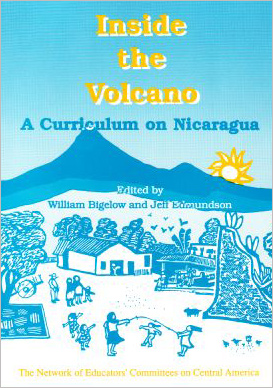
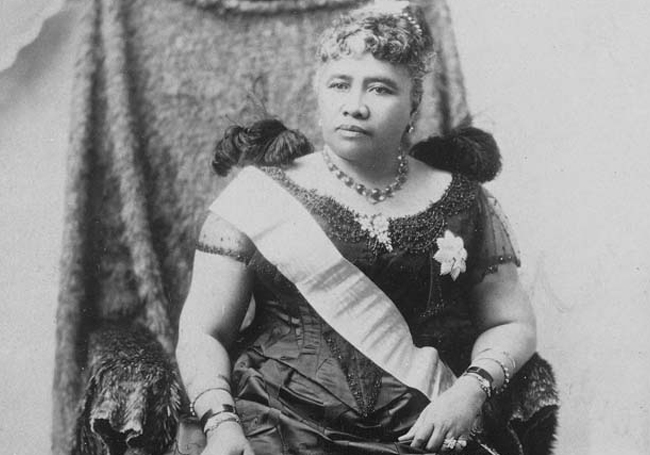

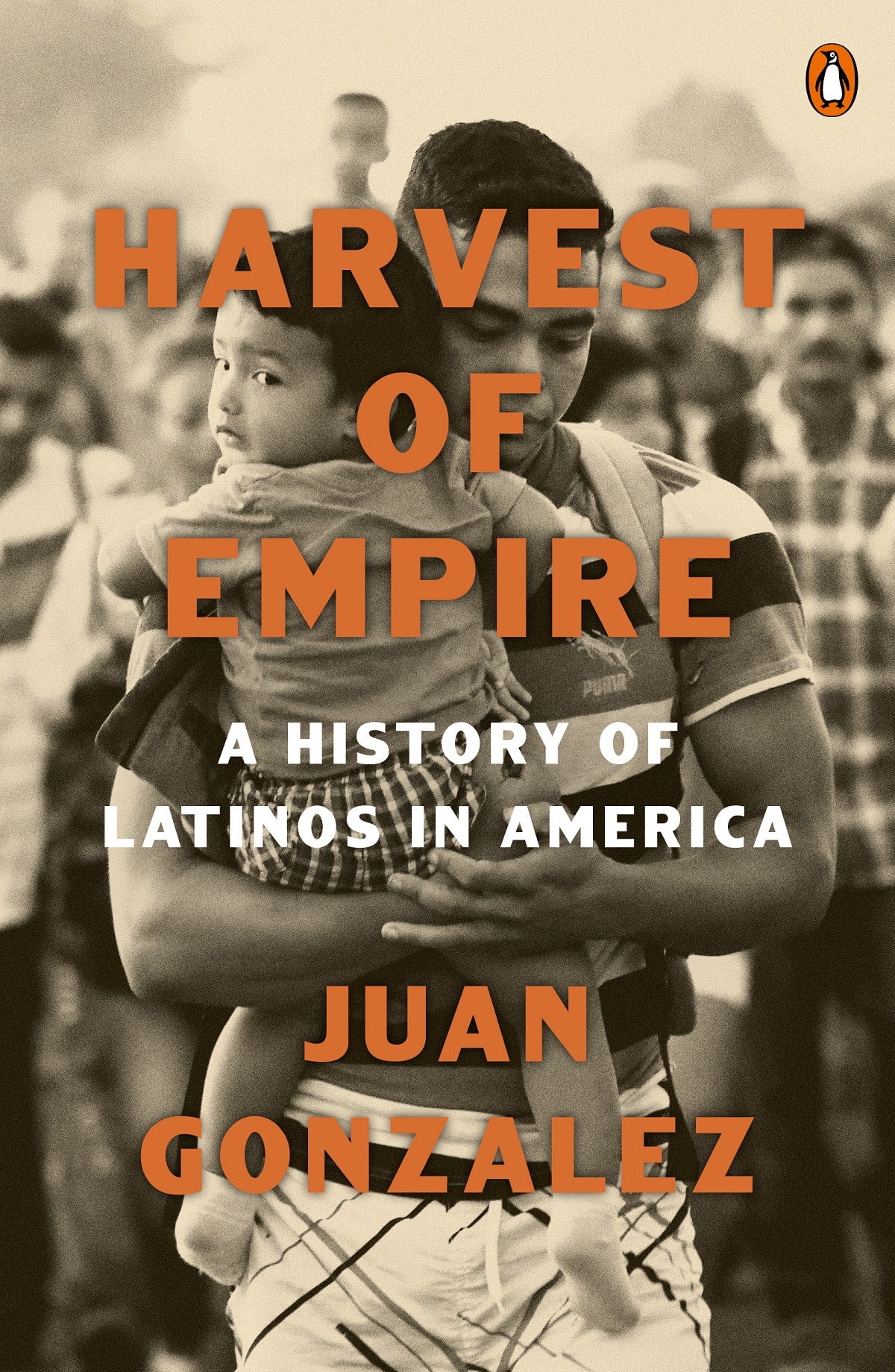
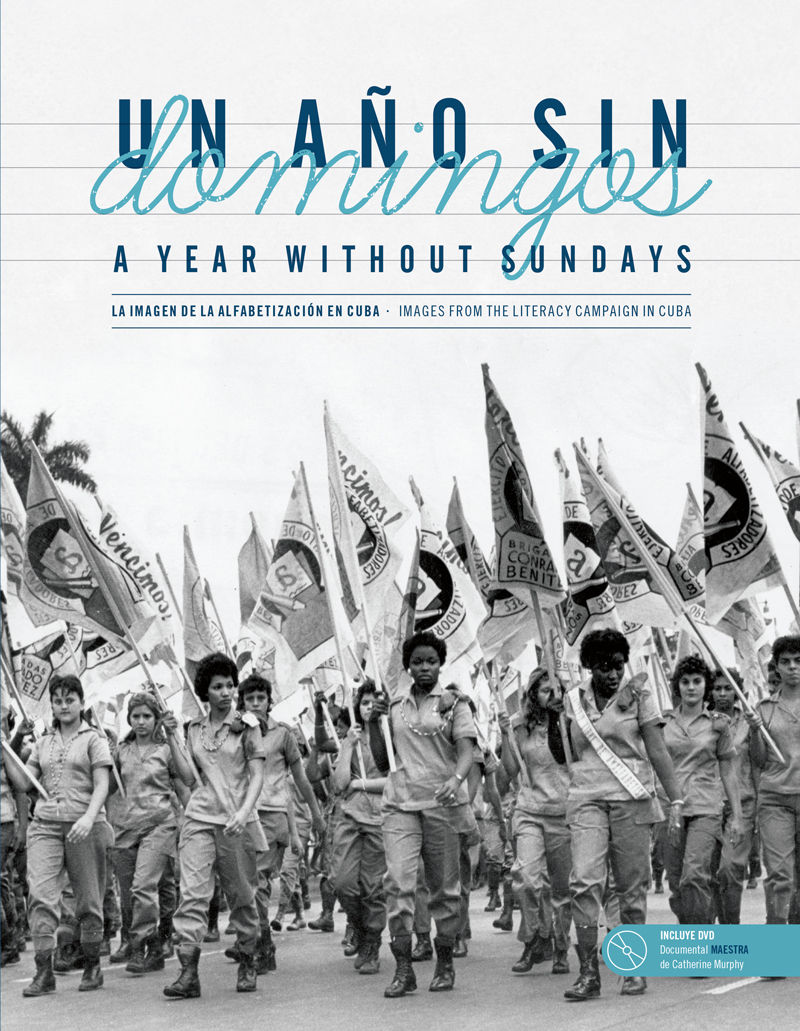
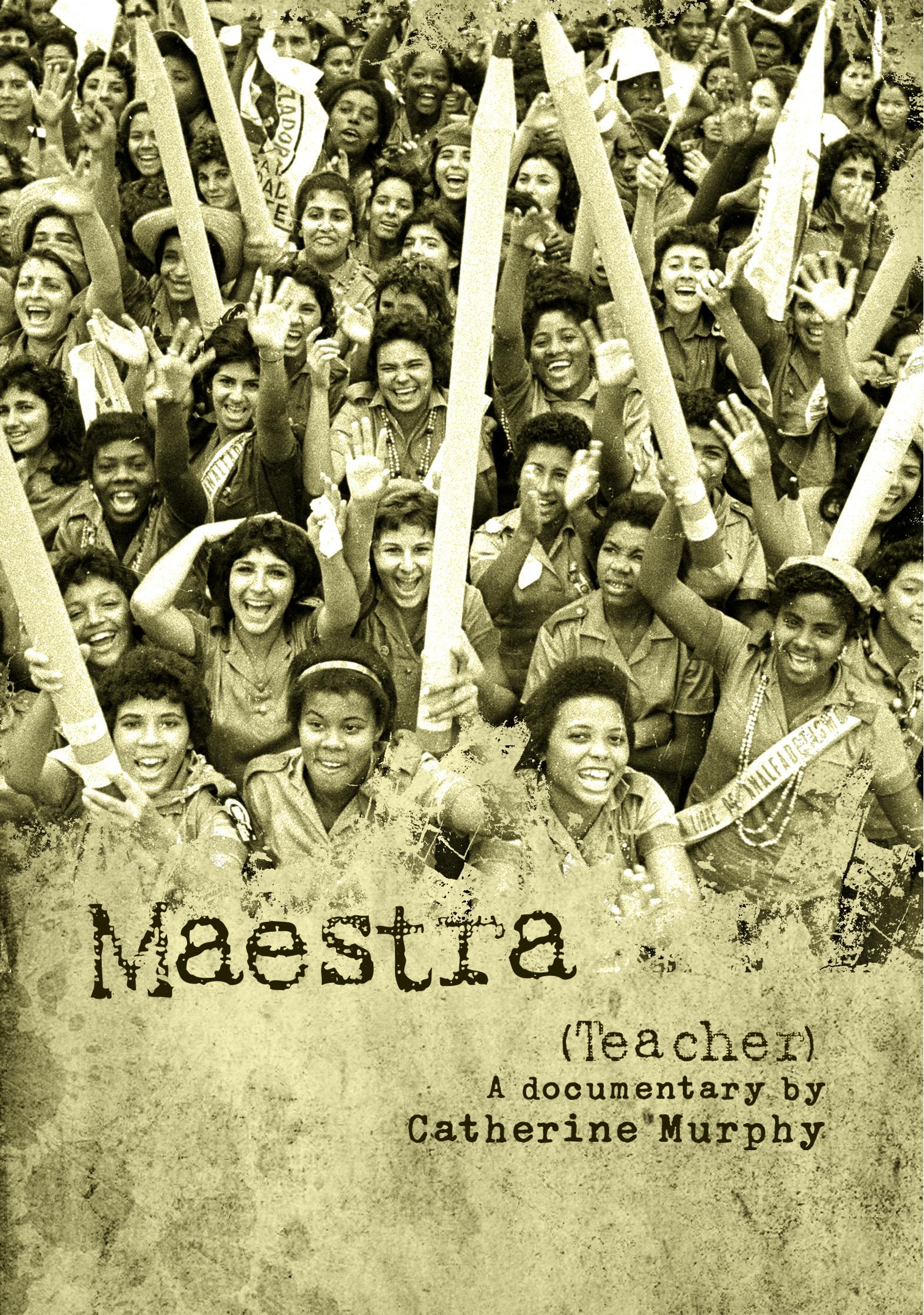
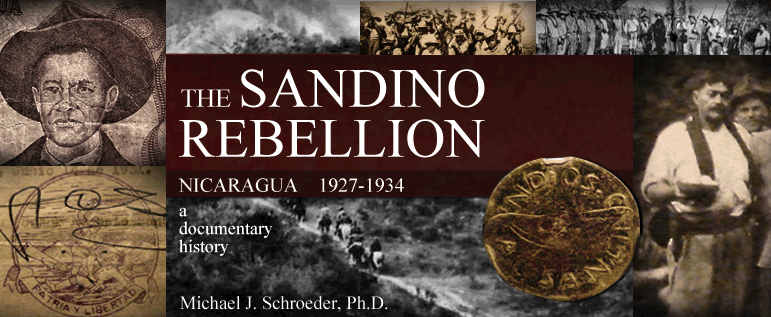
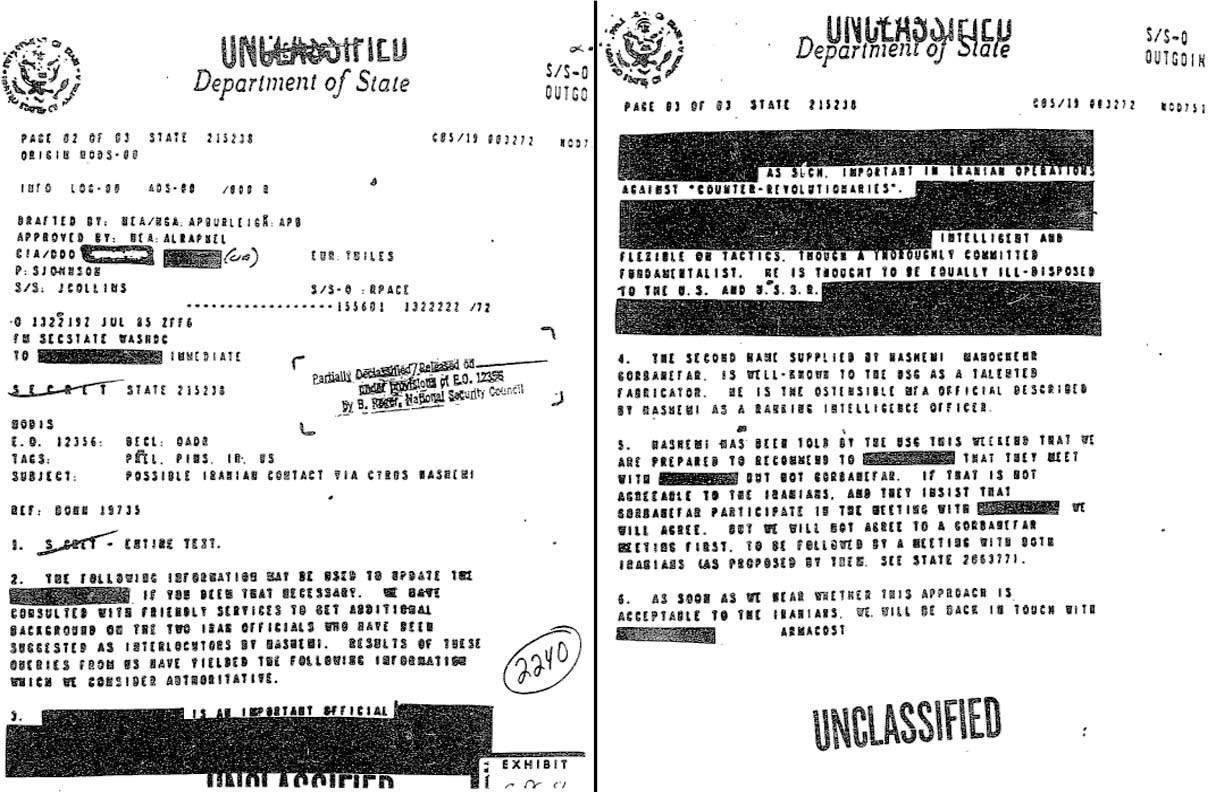
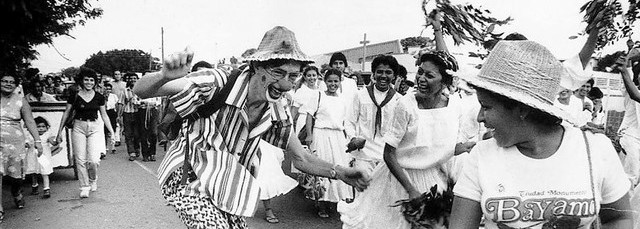





Twitter
Google plus
LinkedIn